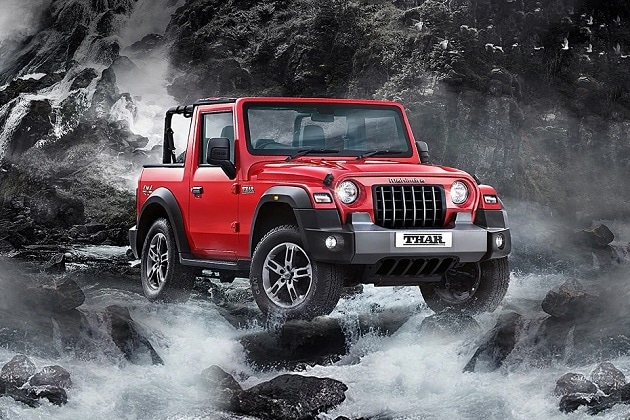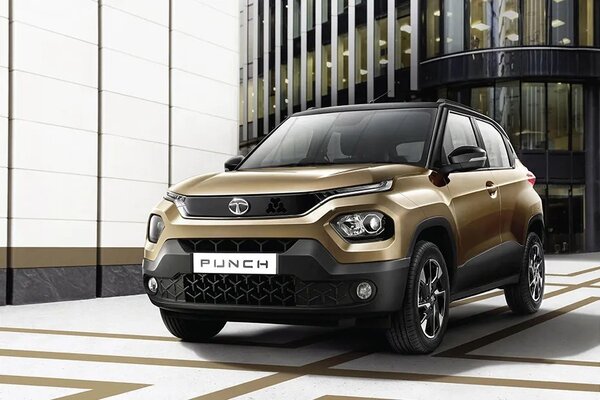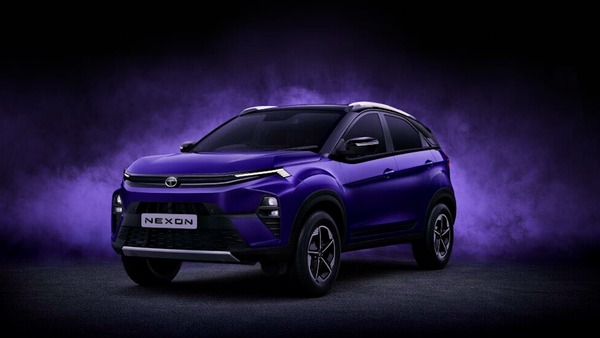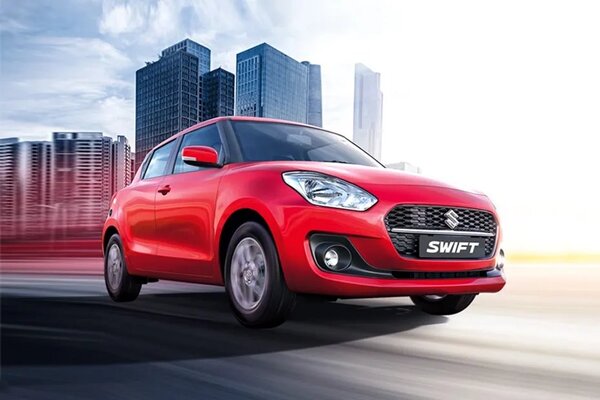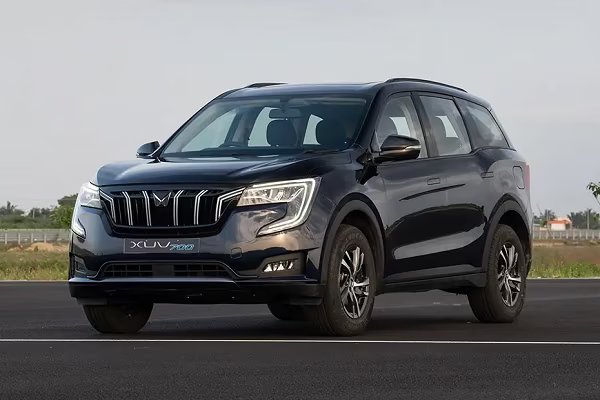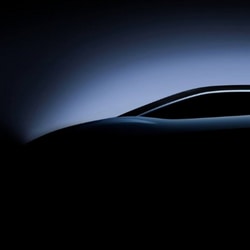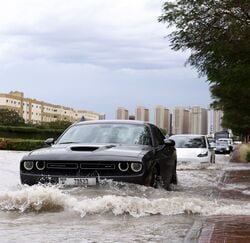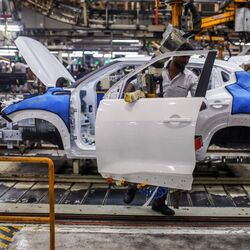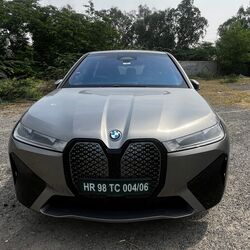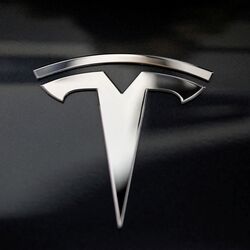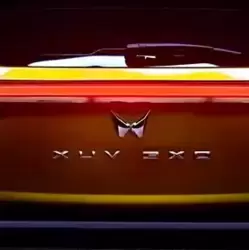Fuel Saving
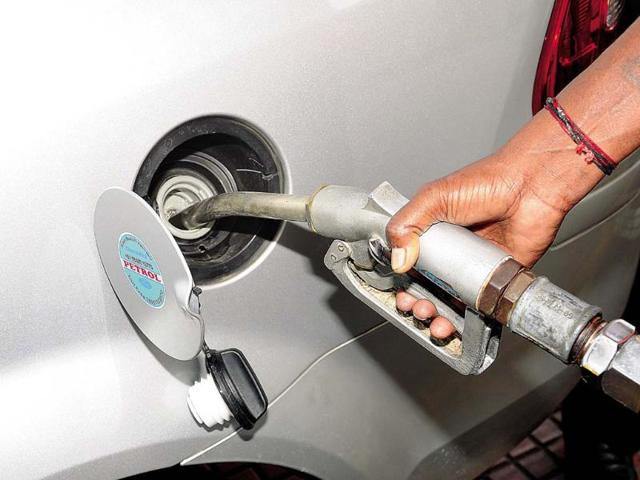

Making every drop count
With fuel prices rising faster than ever before, driving economically makes wallet sense. Here's knowing how to get the most out of every litre of fuel.
Better get used to regular increases in fuel prices. The constant rise in costs per litre has become a regular feature of every car owner's life and the only way out of paying more for fuel is to not pay often. Which means you need to make every drop of fuel count. Here are some top tips to maximise your car's fuel economy and lighten the load on your wallet.
Slow Poke Rodriguez
Trending Cars
He might not be as famous as Speedy Gonzales, but his cousin Slow Poke Rodriguez will laugh his way to the bank. Driving fast means consuming more fuel than you would if you were driving slowly.
A screeching, tyre-smoking start at a traffic light might be a nice idea if you want to impress the ladies, but it ensures your wallet is lighter. Accelerate gently and let the revs rise slowly when the car begins to move.
Once in motion, the mantra is to stay on the lowest revs and the highest gear. Do not stay in one gear for too long; instead, try to shift up before you cross 1800rpm on a diesel-engined car and around 2200rpm on a petrol. If there is no tachometer in your car, try and feel the vibration from the engine through the gearstick and pedals. Learn the maximum speed for each gear, and find the right point to shift up without causing the engine to lug. You are lugging the engine when it feels like it's not able to pull, despite pressing the accelerator. It can cause long-term damage to the engine.
Cars these days are designed in the wind tunnel. Every edge and surface is designed to reduce wind drag so that it can cut through the air with ease. A dirty car, therefore, will disrupt the flow of air and cause more resistance, leading to poor fuel economy. Even the underbody of a car is sculpted to smoothen out the air flow. So getting the car washed on a daily basis can also help improve economy. Similarly, it's better to drive with your car's windows rolled up and the air-conditioner running at a low setting rather than rolling the windows down and increasing wind drag.
Off the throttle
Once moving, keep a very light foot on the accelerator to provide the engine with enough fuel to keep you moving at a constant speed. What saves fuel is when you are not using too much of it to move your car. After all, the lesser the amount used the better. When you come off the throttle and are in gear, you are basically using no fuel while you're still moving.
Try to coast to a stop instead of braking sharply at the very last minute. Spot that red traffic signal early and come off the throttle early. You'll see that you have pulled up next to the speed junkie who had whizzed past you not a minute ago and is still waiting for the light to turn green.
Average speeds on our roads are low compared to most European countries. So doing 80kph on an open stretch, consuming more fuel, braking late and waiting at traffic stops will lead to a similar average speed as driving at a steady 50kph on most stretches and waiting lesser while also consuming a lower amount of fuel.
Right roads
The more time you spend on the road, the more fuel your car consumes. Do your homework: learn which route is best suited to saving fuel. A somewhat longer route with lesser number of stops and little traffic may prove to be more efficient in terms of fuel consumption as compared to a smaller but more heavily trafficked route peppered with traffic signals.
Another smart idea is to listen to the radio. Most channels have a traffic update. Listen carefully and make sure you are not moving towards a long gridlock which will have you stranded for hours. Leaving early is another way to conserve fuel. There are fewer cars on the road and it's best to leave before the traffic builds up at rush-hour. Regular service
In a bid to save money, don't forego a scheduled service. There are certain time and distance limits for the various components and fluids in the car after which they deteriorate and don't perform to their optimum level. An air filter will gather dust over time, which will lead to loss of power from the engine and consequently you will end up using the throttle more. Replace it as stipulated in the service manual. Also replace engine oil regularly as it accumulates debris and loses its lubricating properties with constant exposure to high temperatures which can cause long-term damage.
The tyres, which are the sole contact between the road and your car, play a key role in transferring power from the engine to the road and determine fuel economy. Carmakers recommend specific tyre pressures to ensure a good balance of handling and fuel economy. Get your car's tyre pressure checked once every week. These days manufacturers are equipping their cars with low rolling resistance tyres which also help improve fuel economy.
Measure it right
We all tend to take a casual and sometimes uninformed approach to measuring fuel economy, which leads to dissatisfaction and a lack of interest in improving our driving habits. The first step to accurately measure fuel economy is to completely fill up the tank. While the fuel dispenser may make a clicking sound, there is still scope to fill more fuel because of air pockets present in the tank. Shake the car a little - this moves the fuel around and in turn releases the air pockets in the tank. Fill more fuel and repeat the previous step.
Set the tripmeter to zero. If there is no tripmeter, note the odometer reading. Drive around as you normally would for about a week or so and then fill the car up to the brim again and note down the amount of fuel filled. Now divide the tripmeter reading with the amount of fuel filled to arrive at the correct fuel efficiency figure. Subtract the original odometer reading from the current reading and divide it by number of litres filled. If you are not satisfied with your car's fuel consumption, find out why. It maybe that the fuel is not of good quality, or the fuel station may be cheating you. You can get the volume and density of fuel checked at any station without being charged for it. Change your fuel station if necessary.
While a number of factors determine how much fuel your car consumes, your driving habits will ultimately determine how much money you can save in the long run.
Hypermilers anonymous
Make saving fuel a fun exercise. Take our word for it: once you take up the challenge of minimising the amount of fuel you use, you'll be hooked. It has the same thrill as going fast and the only thing you'll ever do while driving will be to drive efficiently. Following manufacturer recommendations though will only get you so much. Here's a small list which no one will talk about yet helps you achieve bigger savings.
• As mentioned before, manufacturers recommend a set tyre pressure for their cars. This figure however isn't etched in stone. The maximum pressure that the tyre can withstand is marked on the tyre wall. Go a couple of psi higher than recommended and you will hardly notice any change in the braking distance or handling. There also won't be much difference in tyre degradation.
• Braking too much also robs you of fuel efficiency. The momentum the car gains by burning fuel gets converted into heat energy when you brake. To gain that same kinetic energy, you have to burn more fuel and this essentially reduces efficiency. Minimise your braking, try coasting to reduce speed and straightline through corners. But be careful, don't put yourself in a position where you didn't brake when you should have.
• Carpool. Yes as much as we love to drive ourselves, one of the best ways to save money on fuel is to let someone else drive his car for you. Make groups amongst colleagues and travel together. The bigger the group, the lesser each person will drive and the more each will save.








 1497 cc
1497 cc Multiple
Multiple